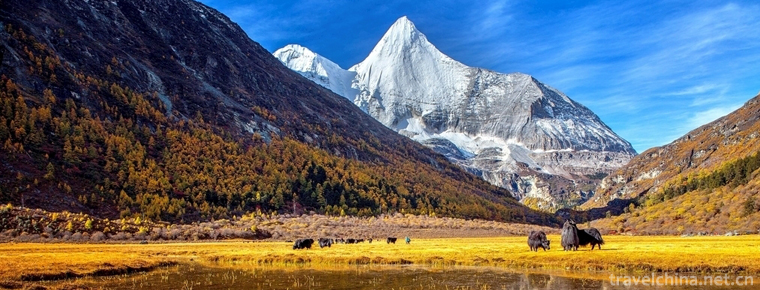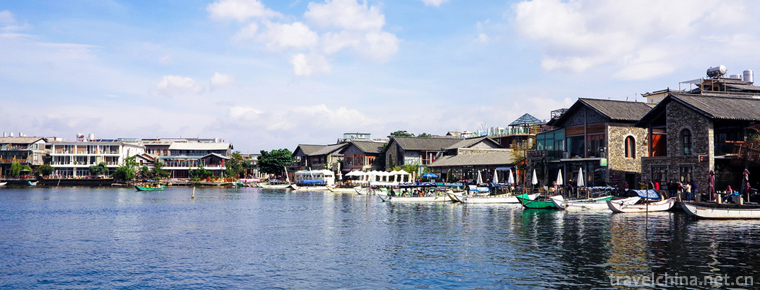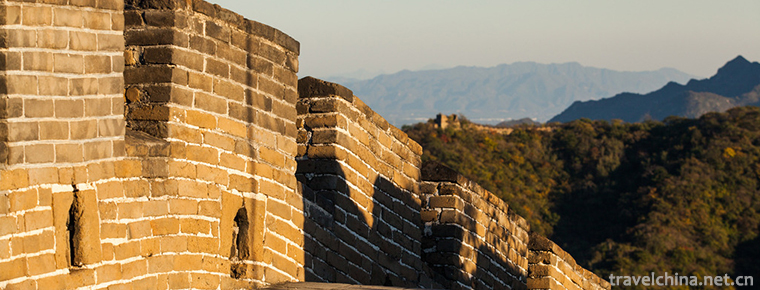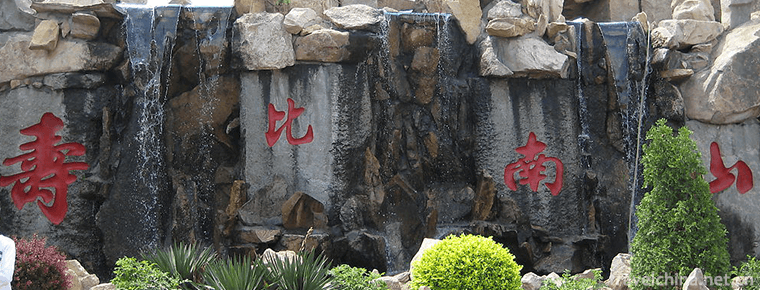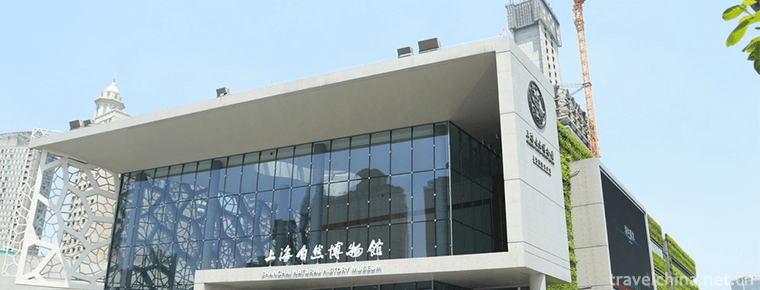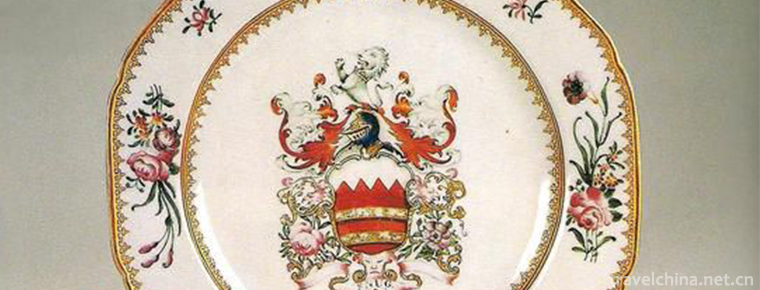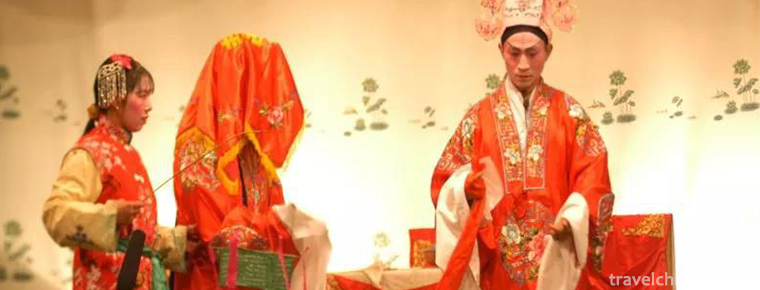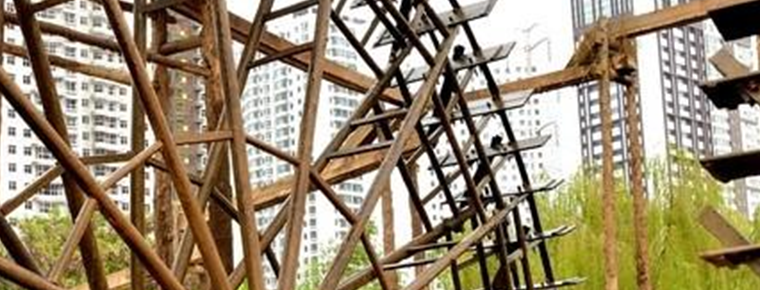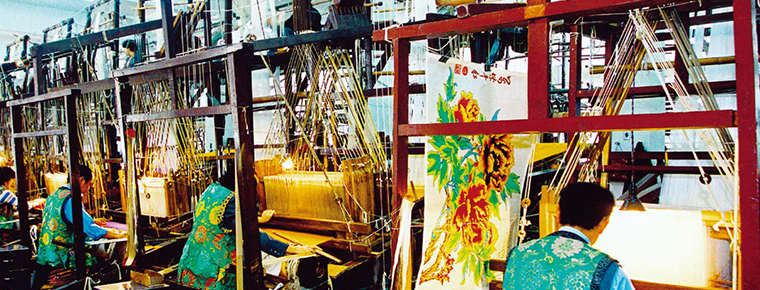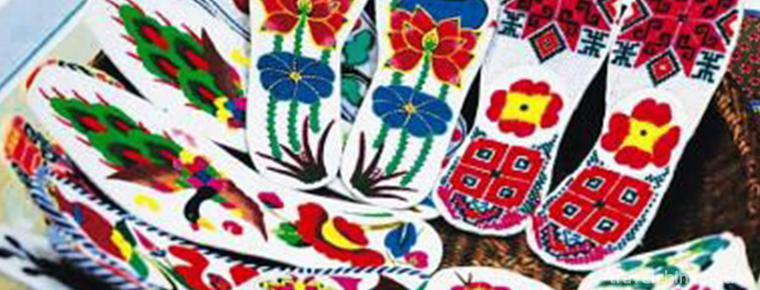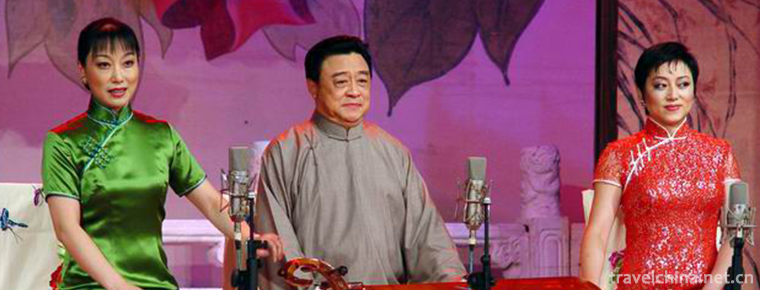Nail twist Jiaru jiacuo
Nail twist Jiaru jiacuo
Jiaru is a traditional dance of Mosuo people in Lugu Lake, Yunnan Province. It is a song and dance for people to celebrate harvest, festivals and pray for gods.
In June 2008, Jiaru declared by Yanyuan County of Sichuan Province was listed in the second batch of national intangible cultural heritage list.
historical origin
The origin of Jiaru is also related to war. It is said that when Mosuo was attacked by foreign nationalities, tribal leaders launched their own nationalities and set a fire on the village gate dam. People surrounded the fire pond, shouted and stamped their feet, created momentum, encouraged prestige and defeated the enemy. After the victory, they sang around the fire pond and danced happily. As a result, Jiaru Dance has become a group entertainment square dance. It has become a song and dance for people to celebrate harvest, festivals and pray for gods. It also provides convenience for young men and women to talk about love and make friends with Asha.
artistic characteristics
Jiaru's dance rhythm is strong, the dance steps are vigorous and rough, happy and warm. The lead dancer is accompanied by bamboo flute or reed. The dancers hold hands tightly, cross five fingers, face the campfire and dance counter-clockwise. Dancing steps change with the speed of music rhythm. Sometimes people say "Arrow, Ruo" in accordance with the rhythm of dance steps. The cry, and sometimes someone led the singing of the armor rubbing song, people will join. When dancing, the girls'snow-white skirts were swirling lightly, silver chains were shining in front of their chests, hair braids made of green silk thread were floating in their ear temples, beads were shining in front of their foreheads, and the graceful Mosuo women added a few charms.
Whether it's the old war dance or the auspicious autumn harvest dance, the New Year dance, the dance melody is lively and warm, the footwork is changeable, the time is tight and the time is slow, regardless of hundreds of people and thousands of people, the dance is neat and unified. When fast, bold and vigorous, slow and leisurely. Every festival, Mosuo people take villages as units or several villages unite around the campfire, jumping around happily, often all night long. The so-called armor rubbing, armor is good, beautiful meaning; rubbing is dance, United means to dance for a better time or era.
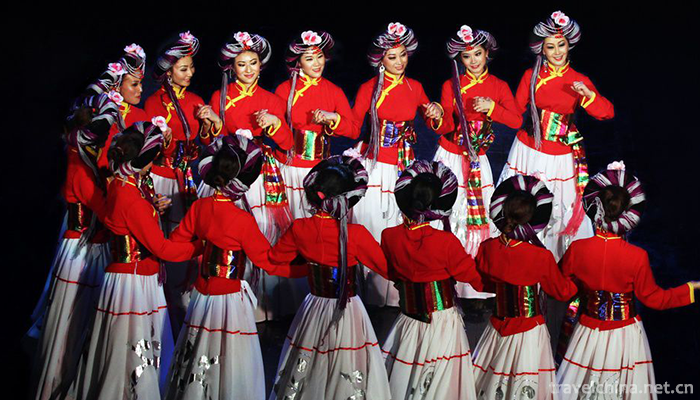
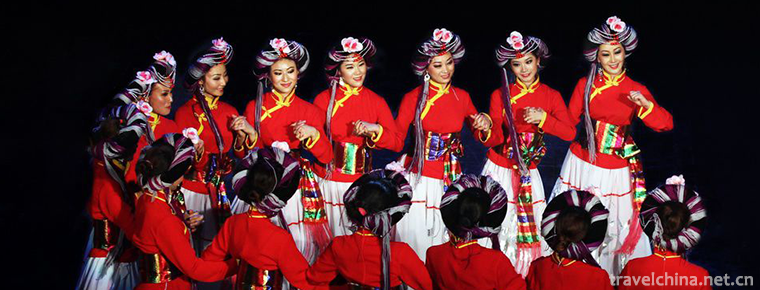
Nail twist Jiaru jiacuo
-
Daocheng County
Daocheng county is located in the southwestern edge of Sichuan Province, south of Ganzi. Located in the southeast of the Qinghai Tibet Plateau, the eastern side of Hengduan Mountains.
Views: 127 Time 2018-10-12 -
Shuanglang
located in the northeast of Dali City and the northeast coast of Erhai Lake
Views: 270 Time 2018-10-17 -
The Mutianyu Great Wall
The Mutianyu Great Wall in Beijing is located in Huairou District of Beijing, 73 kilometers from the urban area of Beijing. With a long history and splendid culture
Views: 144 Time 2018-11-24 -
Longkou Nanshan Scenic Area
Nanshan tourist scenic spot is located in the beautiful scenery of Lu Shan in Longkou City, Yantai City, Shandong province. The scenic spots of Nanshan Temple
Views: 144 Time 2018-12-08 -
Shanghai Museum of Natural History
The Shanghai Museum of Nature (Shanghai Science and Technology Museum Natural Branch) is one of the largest natural museums in China. Located in the center of Shanghai, Address: 260 Yan'an East Road,
Views: 384 Time 2018-12-15 -
Firing Techniques of Guangcai Porcelain
Guangcai Porcelain Firing Technology, a local traditional handicraft in Guangzhou, Guangdong Province, is one of the national intangible cultural heritages.
Views: 121 Time 2019-05-01 -
Guangchang Meng Opera
Guangchang Mengxi Opera, a traditional local drama popular in Guangchang County, Jiangxi Province, is one of the national intangible cultural heritage.
Views: 130 Time 2019-05-01 -
Making Techniques of Lanzhou Yellow River Waterwheel
Lanzhou Yellow River waterwheel production technology, Lanzhou City, Gansu Province, local traditional handicraft, one of the national intangible cultural heritage.
Views: 354 Time 2019-05-10 -
Lu Brocade Weaving Techniques
Lujin brocade weaving technology, traditional handmade brocade weaving technology in Juancheng County, Shandong Province, is one of the national intangible cultural heritage.
Views: 218 Time 2019-05-15 -
Folk embroidery
Folk embroidery is a traditional Chinese handicraft, which integrates traditional folk art, folklore knowledge and traditional handicraft. It has high ornamental value, practical value and collection
Views: 145 Time 2019-06-05 -
Changsha Tanci
Changsha Tanci is a traditional opera in Hunan Province. It is popular in Changsha, Yiyang, Xiangtan, Zhuzhou and Liuyang of Hunan Xiangjiang River and Zishui River basin. Changsha Tanci derives from
Views: 283 Time 2019-07-25 -
Nanchong location
Nanchong City is located in the northeast of Sichuan Basin, in the middle reaches of Jialing River, between 30 ° 35 ′ N ~ 31 ° 51 ′ N and 105 ° 27 ′ ~ 106 ° 58 ′ E. With a span of 165 km from north to South and 143 km from east to west, it is adjacent to Dazhou
Views: 357 Time 2020-12-17
